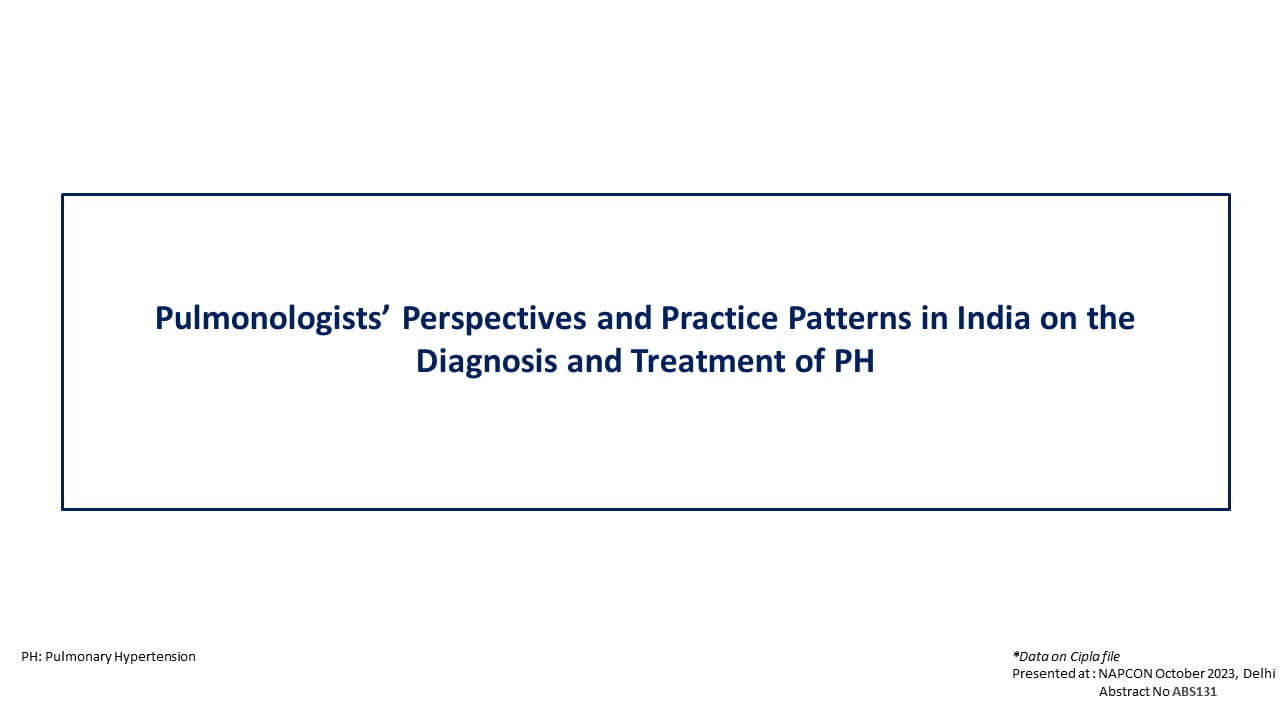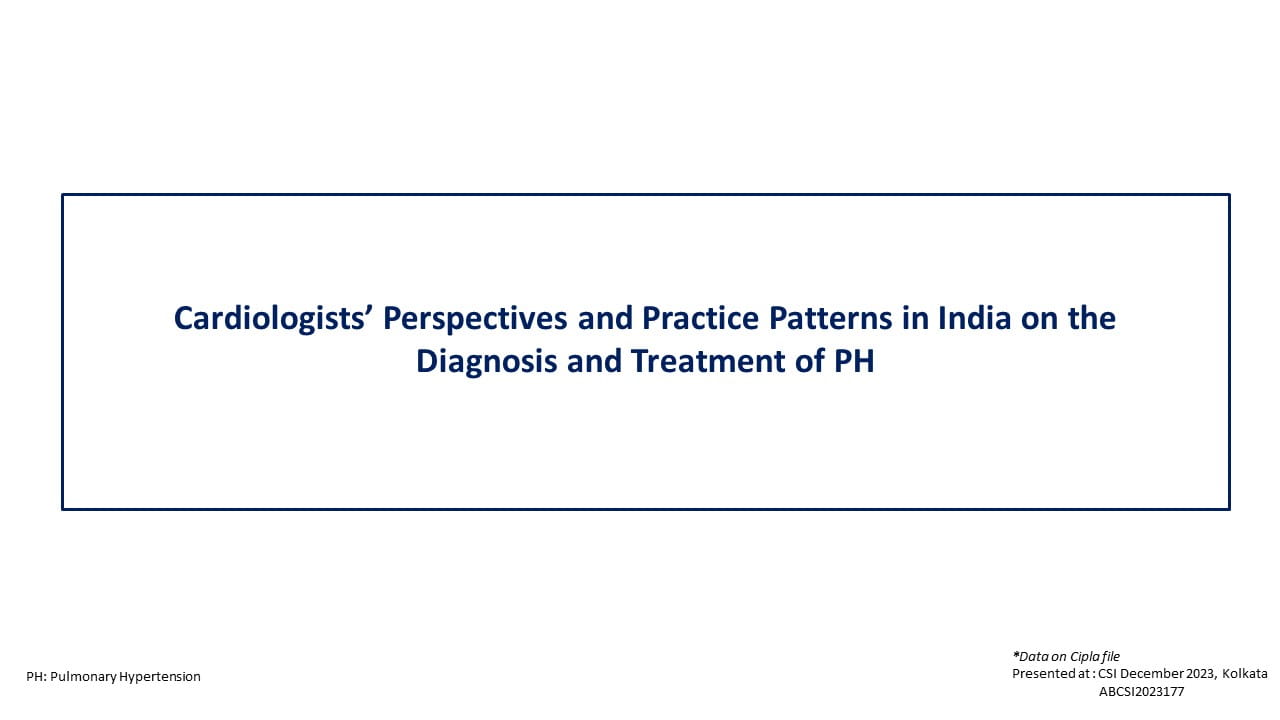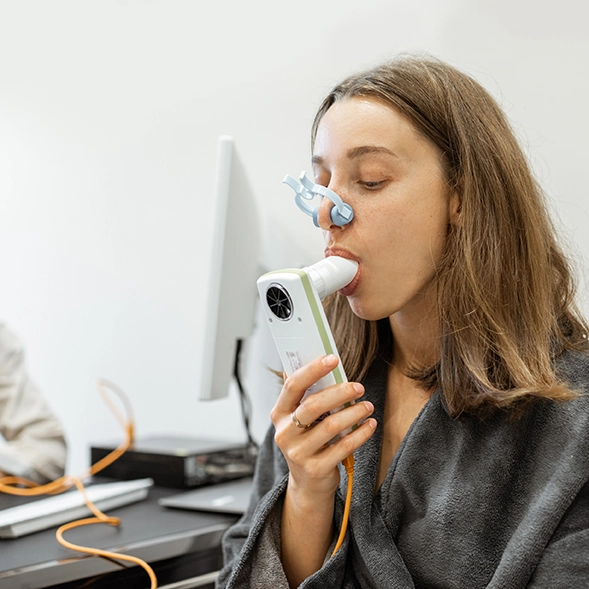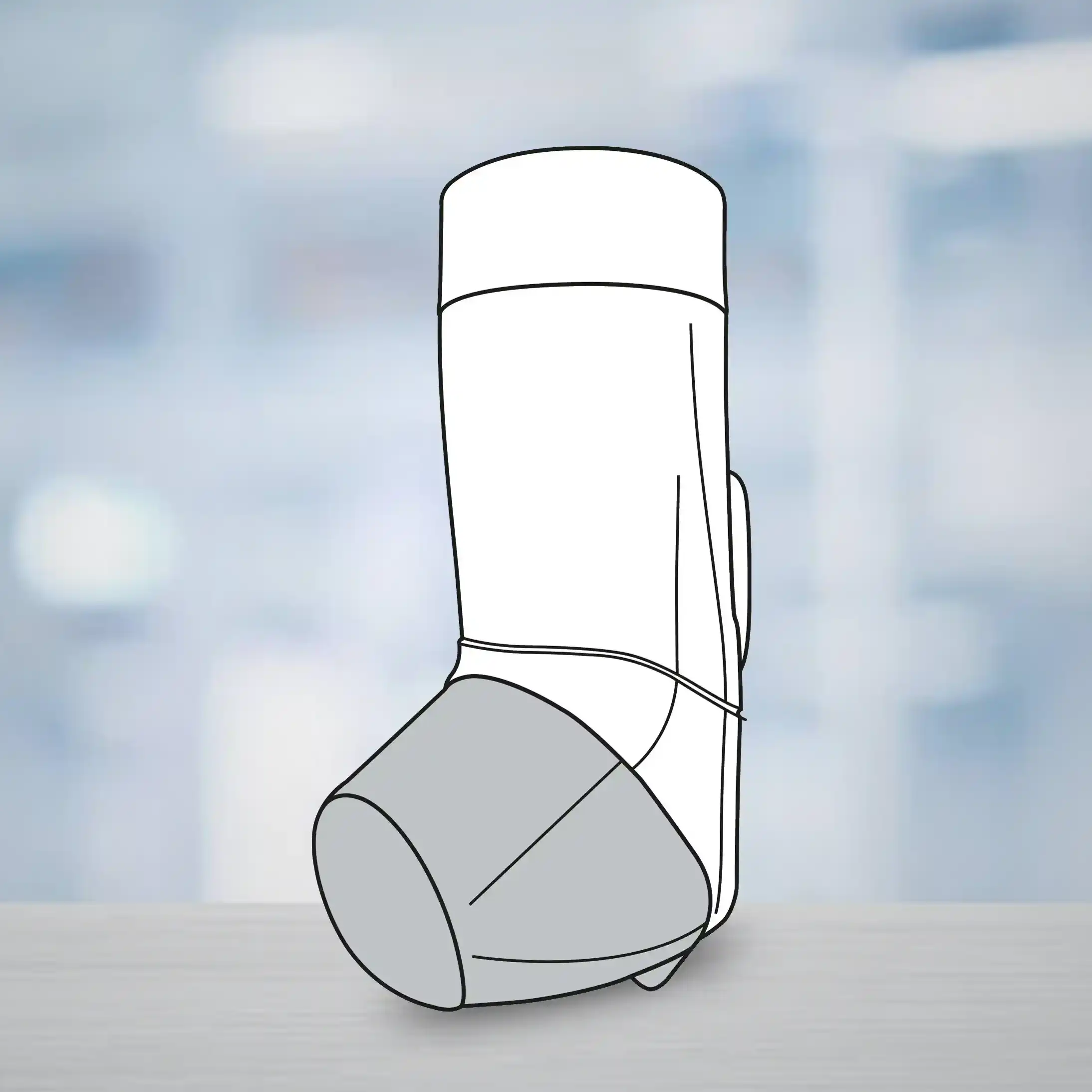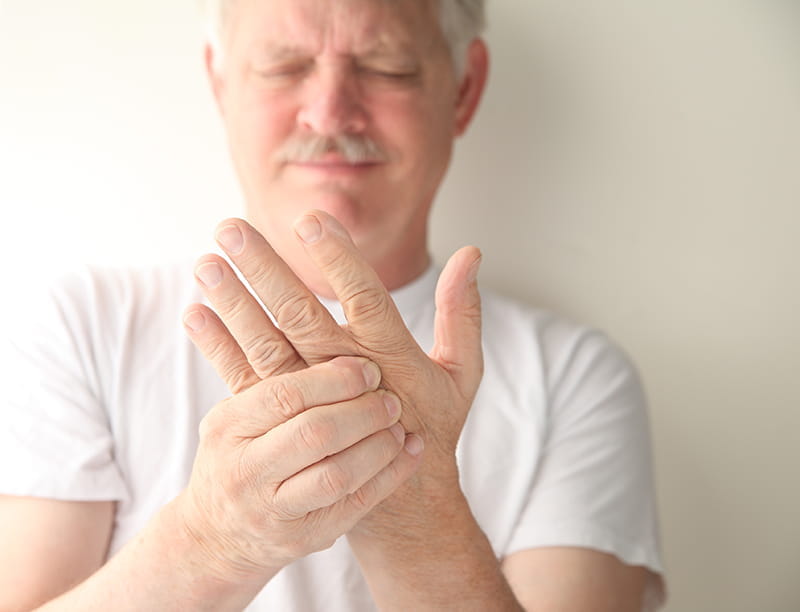What is Gout?
Gout is a disease of the joints that is caused due to excess uric acid in blood. Uric acid is a waste product of the body that is normally removed from the body. Excess uric acid level in the body can be due to either -
- overproduction of uric acid in the body; or
- less removal of uric acid by kidneys from the body
Excess levels of uric acid (i.e. >6.8 mg/dL) in the body forms small crystals in the joints, that in turn, causes redness, swelling and pain in the joints. This condition is called gout.
What are the Symptoms of Gout?
Due to uric acid crystals formed in the joints, the following symptoms can be seen:
- The gout-affected joint usually gets swollen and turns red with severe pain (highly sensitive to touch). The base of the big toe is the most commonly affected joint. However, any joint can be affected.
- These symptoms often tend to occur at night-time and are called gout flares.
- Sometimes, the patient may have fever and/or muscle ache.
Who gets Gout?
People with the following conditions are at higher risk of getting gout:
- Kidney disease: Due to improper functioning of the kidneys, uric acid is not removed from the body and may start accumulating in the bone joints, leading to gout.
- Hyperuricaemia: Blood uric acid level increases to >6.8 mg/dL and, thereby, the chance of getting gout increases.
- Enzyme defects: Increased levels of a few enzymes in the body, which are responsible for the synthesis of uric acid, may increase the chances of gout.
- Hypertension: Excess uric acid stimulates the kidneys to increase blood pressure. People having hypertension are more likely to have excess uric acid levels in the body, which may further develop into gout
- Faulty eating habits: Some foods such as red meat, as well as alcohol, are converted into uric acid in the body after consumption, which increases the risk of gout.
- Obesity: Chance of increase in uric acid levels in obese people is high, which may lead to gout.
- Fasting and feasting: Fasting for a long time and then feasting (overeating) can cause excess uric acid formation in the body and increase the chances of gout.
- Chemotherapy in cancer: Patients undergoing chemotherapy are at higher risk of getting gout.
- Medication: Some medications such as low-dose aspirin and diuretics may increase blood uric acid levels and increase the chances of gout.
How is Gout Diagnosed?
Early diagnosis of gout helps in the early treatment of gout. Gout can be diagnosed based on the following:
- Patient history: Knowing the symptoms of the patient.
- Blood test: Detection of high uric acid levels in the blood.
- Joint fluid analysis: The doctor may take a sample of the joint fluid and see it under a microscope to look for uric acid crystals.
- X-ray: To check for damage of the bone joint.
How is Gout Treated?
The aim of gout treatment is to maintain the uric acid level below <6.8 mg/dL in the body.
Hence, the doctor may advise lifestyle changes initially as mentioned below:
- Drink water regularly.
- Lose excess weight (being overweight increases the risk of gout).
- Avoid foods that can trigger gout attack such as red meat, and alcohol.
If lifestyle changes do not help in controlling the uric acid levels, the doctor may prescribe medications for the same. These medications facilitate the removal of excess uric acid from the body or reduce the production of excess uric acid in the body.
Medications should be taken only when prescribed by a doctor. If pain and swelling decreases, do not stop the medication until your doctor says so. Gout flares may occur again due to incomplete treatment.
What are the Complications in Gout, If not Treated?
If gout flares occur more often over time and are left untreated, they can lead to severe problems as mentioned below:
- As the uric acid crystals continue to grow in the joints, they can cause irreversible joint destruction, which may lead to permanent disability.
- Continued pain (often at night) can keep you from sleeping well. Lack of sleep can lead to fatigue, increased stress, and mood swings.
- Sometimes, gout may also lead to heart or kidney diseases.
For more information, kindly consult your doctor.


